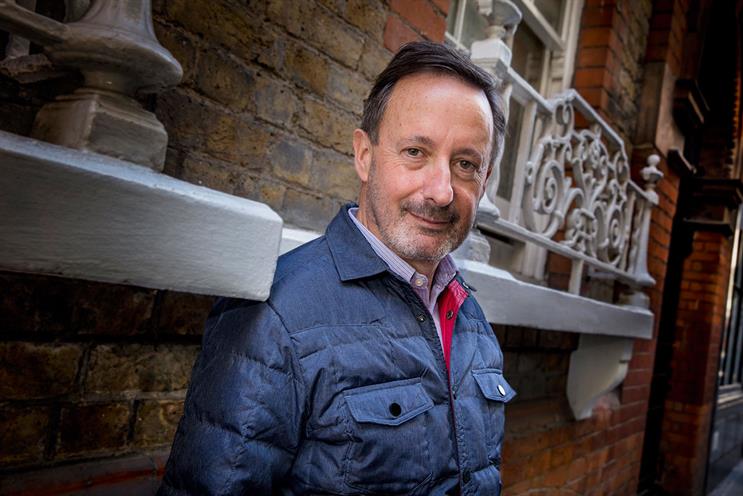
What does a commercials production company do? Surely we know already? Yes, but if we want advertisers to value production expertise – and it is to their benefit to do so, as well as ours – we need to articulate that.
A commercials production company takes a piece of paper (a script) and turns it into a film.
That sounds simple, but it isn’t. It certainly isn’t simple to do it well – in other words, to bring the script alive in such a way so as to maximise its potential impact for the advertiser, by creating something that engages the viewer, which, of course, is the point of making a commercial.
First, this requires a crystal-clear vision of what the film should be. I was going to say what the film should look like, but this isn’t about its aesthetics (although they may also be important), but what the story is and how it is told.
Second, it requires the skill and knowledge to realise that vision. As with any creative endeavour, imagination is only a first step. After this, comes a considerable degree of expertise. The success is measured by how closely the film matches the treatment, which is the physical embodiment of the production company and agency’s joint vision (as signed off by the client), and whether it successfully engages the viewer.
By taking on a production, thus agreeing to make the treatment a reality, a production company provides a cast-iron guarantee that the film will successfully realise the treatment, be delivered on time and, with very limited exceptions, that it will assume the financial risk of it costing more than estimated or things going wrong.
In doing so, it accepts an extraordinary level of responsibility and risk (both of which would otherwise have to be assumed by the agency or client). No excuse permits a commercial to be delivered late or not to be as envisaged in the treatment. This is completely anomalous to the operating practice of almost any other industry – imagine the building industry operating like that.
A key member of the production company’s team is its director, who has the principal responsibility for establishing the vision in the treatment, and a leading role as the guardian of that vision.
However, the role of the producer (who manages the production) is a creative one, too. He or she is a sounding board for the director, a finder of the best solution for any scenario and often underestimated because of the heavy focus on directors.
For a film to make it from a piece of paper onto the screen might appear to be a kind of magic. However, in reality, it’s about the detailed and forensic application of a wide range of skills and
expertise, micro and macro.
Craft and skill is a powerful combination
In this era of cheap and effective technology, producing a commercial urgently has to be distinguished from filming something. Simply putting something on film requires none of the craft and storytelling skills described above. For that reason, it has none of the power, and produces results that are not comparable.
It also has to be distinguished from "making something look nice". I have often heard it said by, or on behalf of, an advertiser that they don’t need a commercials production company, as they don’t need their film "to look glossy". This is a fatal misunderstanding of what a production company does. It can make it "look glossy", if required, but that isn’t the point of what it does.
It may seem amazing that with such a developed and successful industry, questions as basic as this still need to be answered. Nevertheless, they do, so I appreciate the opportunity to articulate the critical role of the production company in creating advertising that fulfills its potential for the advertiser.
| -Why do we need to explain what a commercials production company does and its value? -Successfully bringing a script to life in a film requires considerable skill and expertise. -The cast-iron guarantee that a commercials production company gives to deliver the film required, on time and on budget, is unique in business. -Craft skills are critical to getting the advertiser the best result possible. -It’s not about gloss and making the commercial look good. |
Steve Davies is chief executive of the Advertising Producers Association













